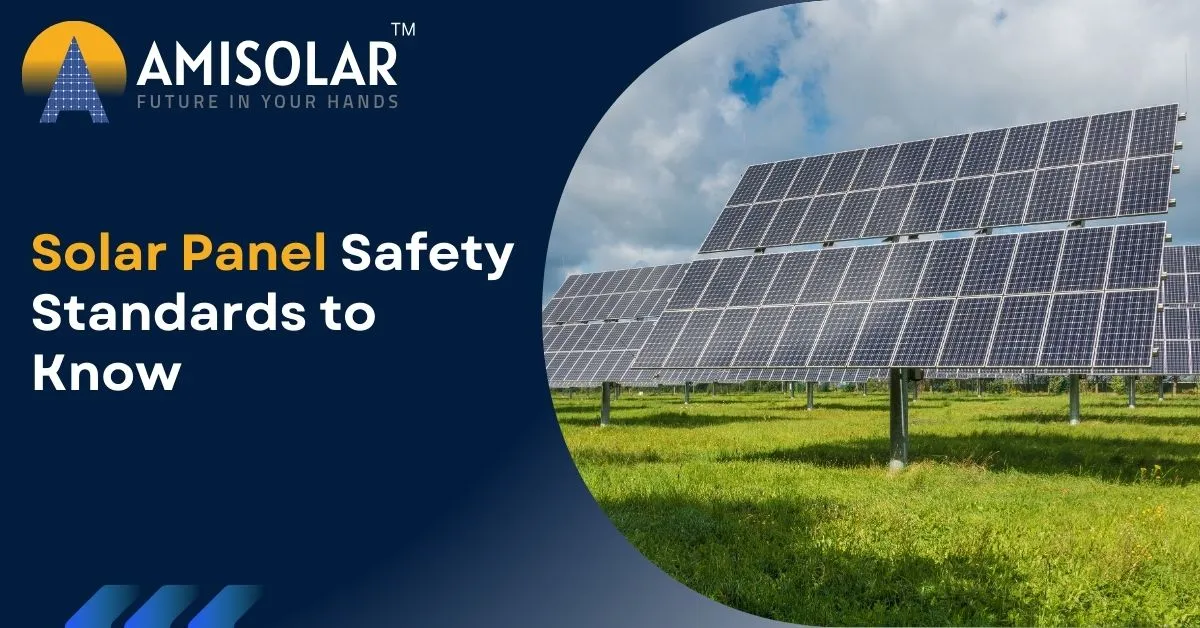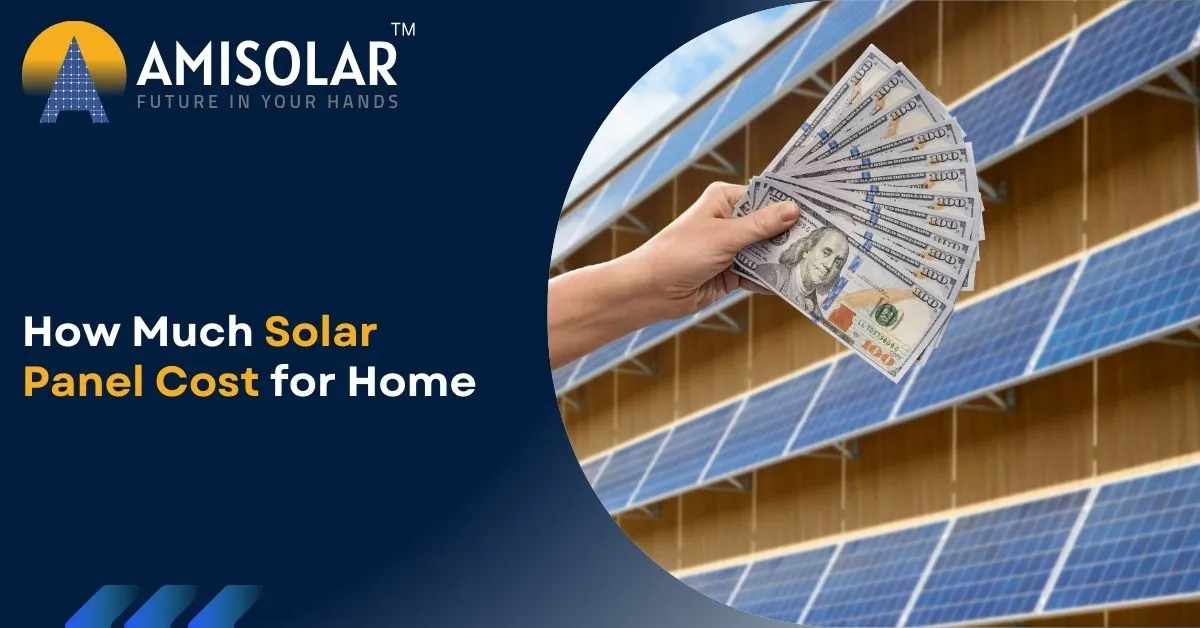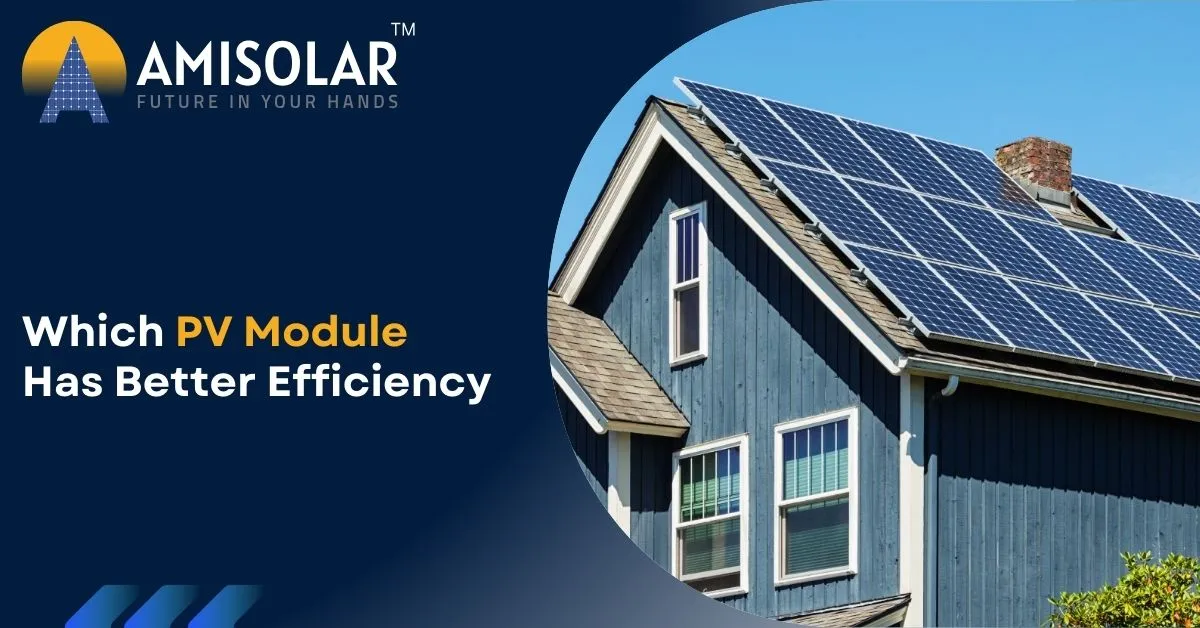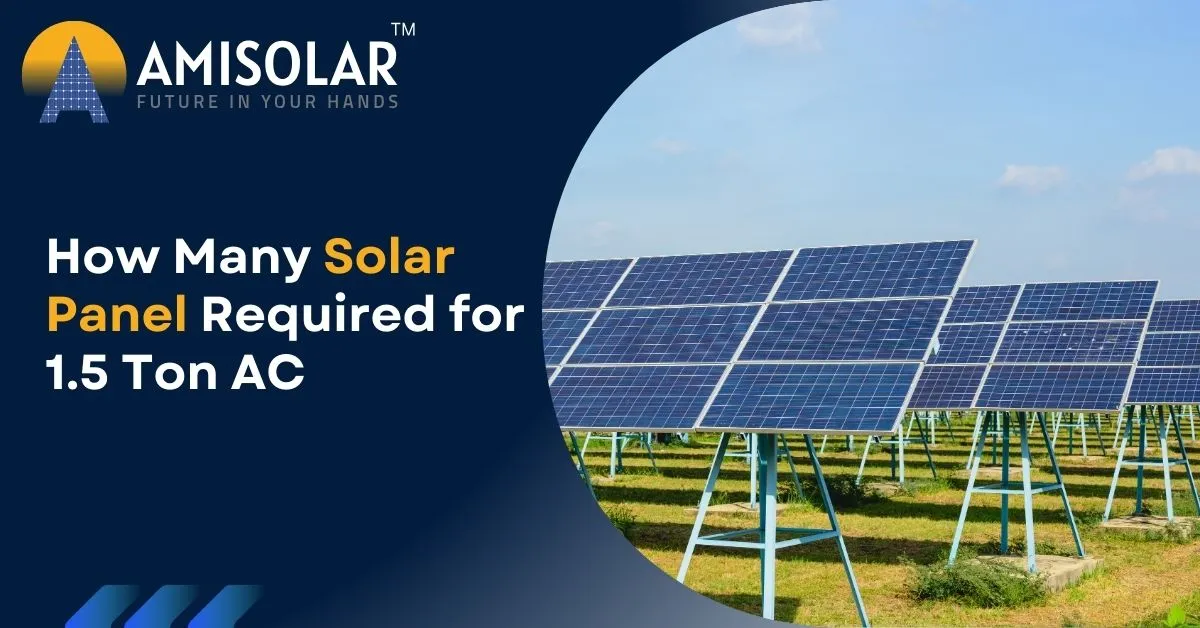As energy prices rise and concerns over the environment grow, many homeowners are turning to…

Solar panels have revolutionized the renewable energy landscape, offering a sustainable way to power homes, businesses, and industries. However, ensuring their safe installation and operation is critical. Adhering to safety standards not only protects users but also maximizes the efficiency and lifespan of the solar panels. In this blog, we’ll explore the key safety standards and practices every solar panel user and installer should know.
Why Solar Panel Safety Standards Matter
Solar panels involve electrical components, high voltages, and exposure to environmental elements. Without proper safety measures:
- There’s a risk of fire hazards or electrical shocks.
- Improper installations may lead to system failures.
- Environmental damage could occur if panels are not disposed of responsibly.
Key Safety Standards for Solar Panels
1. International Electrotechnical Commission (IEC) Standards
The IEC provides globally recognized benchmarks for solar panels:
- IEC 61215: Ensures panels meet performance and durability requirements under various conditions.
- IEC 61730: Addresses safety through construction and testing methods, focusing on preventing fire hazards and electrical shocks.
- IEC 61701: Covers resistance to corrosion, particularly in coastal areas.
2. Underwriters Laboratories (UL) Certification
In North America, UL certifications are essential for ensuring product safety:
- UL 1703 / UL 61730: Safety standards for flat-plate solar panels, ensuring fire resistance and electrical safety.
- UL 2703: Focuses on racking and mounting systems to prevent accidents during installation or operation.
3. National Electrical Code (NEC)
The NEC provides guidelines for electrical installations in the U.S.:
- Article 690: Specifies requirements for photovoltaic (PV) systems, including wiring, grounding, and overcurrent protection.
4. OSHA Compliance for Installers
The Occupational Safety and Health Administration (OSHA) mandates safety practices during installation:
- Use of personal protective equipment (PPE).
- Fall protection for rooftop installations.
- Training for working with high-voltage systems.
Ready to go solar? Ensure safety and efficiency by following these expert-approved standards. Contact us today!
5. Fire Safety Standards
Solar panels are rated for fire resistance:
- Class A: Best fire resistance.
- Class B and C: Suitable for specific installations based on local codes.
6. Environmental Standards
- RoHS (Restriction of Hazardous Substances): Ensures that panels do not contain harmful materials like lead or mercury.
- WEEE (Waste Electrical and Electronic Equipment Directive): Promotes recycling and proper disposal of solar panels.
Best Practices for Solar Panel Safety
- Hire Certified Installers
Professionals trained in safety standards and local codes can ensure proper installation. - Regular Maintenance
Inspect panels for loose connections, cracks, or signs of wear. Clean debris and ensure proper grounding to avoid electrical faults. - Install Fire-Resistant Components
Opt for fire-rated solar panels and mounting systems to minimize fire hazards. - Ensure Proper Wiring
Avoid exposed wires, and ensure connectors are securely fastened to prevent electrical risks. - Use Quality Equipment
Invest in panels and inverters certified by reputable organizations like IEC or UL.
Benefits of Following Safety Standards
- Enhanced System Performance: Safety-compliant systems operate efficiently.
- Longevity: Proper installation and maintenance extend the system’s lifespan.
- Reduced Liability: Adhering to standards reduces risks of accidents and associated liabilities.
- Peace of Mind: Knowing your system meets safety benchmarks provides confidence.
Frequently Asked Questions
What are the safety rules for solar panels?
Ensure proper grounding, use certified equipment, follow manufacturer guidelines, and hire trained professionals for installation and maintenance.
What is the safety factor in a solar panel?
The safety factor accounts for system tolerances, typically ensuring components can handle 1.25 to 1.5 times the maximum expected load or voltage.
What is the IEC standard for solar panels?
The key IEC standards include IEC 61215 for performance, IEC 61730 for safety, and IEC 61701 for corrosion resistance.
What are the safety features of solar panels?
Solar panels feature protective coatings, fire resistance, bypass diodes to prevent overheating, and durable designs to withstand environmental stress.
Conclusion
Solar panels are a smart and sustainable energy solution, but safety should never be compromised. By following recognized standards like IEC, UL, and NEC, and implementing best practices, you can ensure the safe and efficient use of solar energy.
If you’re considering solar panel installation, make sure to consult certified professionals and prioritize compliance with safety regulations. For expert guidance on solar solutions, stay updated with the latest trends and standards on our blog!


